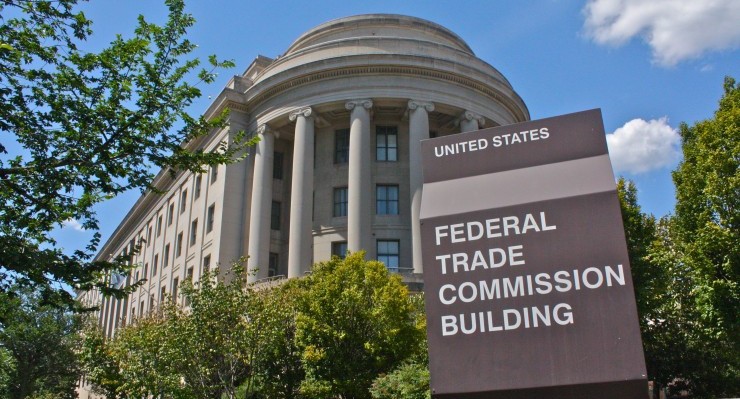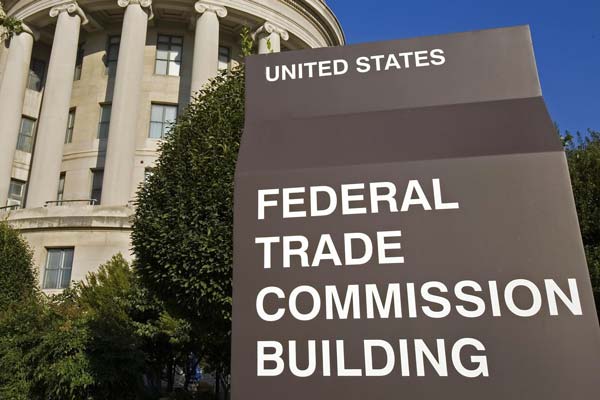In the matter of United States v. Arif, the First Circuit considered the issue of when false advertising constitutes a crime.
In Arif, Mustafa Hassan Arif conditionally pled guilty to wire fraud in 2016 for allegedly selling non-FDA approved prescription drug products that purported to treat or cure numerous diseases and medical conditions. He allegedly did so from more than 1,500 websites that purportedly contained altered clinical studies, bogus testimonials and deceptive indicia of the origin of the websites. More than 1000 websites allegedly sold different drugs, and more than 400 were allegedly referral websites disguised as independent websites.
Reports are that he made in excess of $10M. Mr. Arif was sentenced to six year of imprisonment.
In his defense, Mr. Arif argued that he could only be prosecuted under the FTC Act, rather than the wire fraud statute. However, the court disagreed, finding that the statutes address different activities. “There is no indication whatsoever that Congress intended all cases involving false advertising to be prosecuted solely by the FTC under the FTCA and no other criminal statute,” the court stated.
Prosecutorial agencies, such as the U.S. Department of Justice, maintain broad discretion over the types of matters it chooses to pursue. Here, Mr. Arif’s conduct was considered extreme enough to warrant criminal prosecution, including the revenues generated, and the nature and degree of the alleged misrepresentations.
The court also rejected Mr. Arif’s argument that he genuinely believed in the products’ efficacy. In doing so, the court considered that the issue was not the efficacy of the products, as much as it was his intent and the misrepresentations themselves, such as purported clinical research substantiating stated results.
In the opinion of the court, “[t]he offense here was not a run-of-the-mill false advertising of a single product.” The manner of prosecution for false advertising is a matter of degree, one that online marketers should always consider.
Richard Newman is an FTC advertising compliance and defense attorney at Hinch Newman LLP Email him at rnewman@hinchnewman.com, or call him at (212) 756-8777.
ADVERTISING MATERIAL. Informational purposes only. Not legal advice. Always seek the advice of an attorney. Previous case results do not guarantee similar future result. Hinch Newman LLP | 40 Wall St., 35th Floor, New York, NY 10005 | (212) 756-8777




